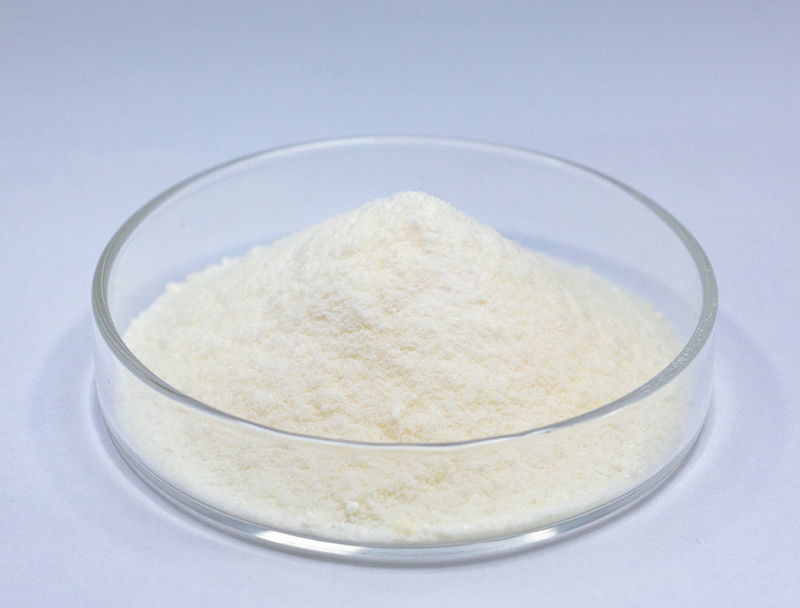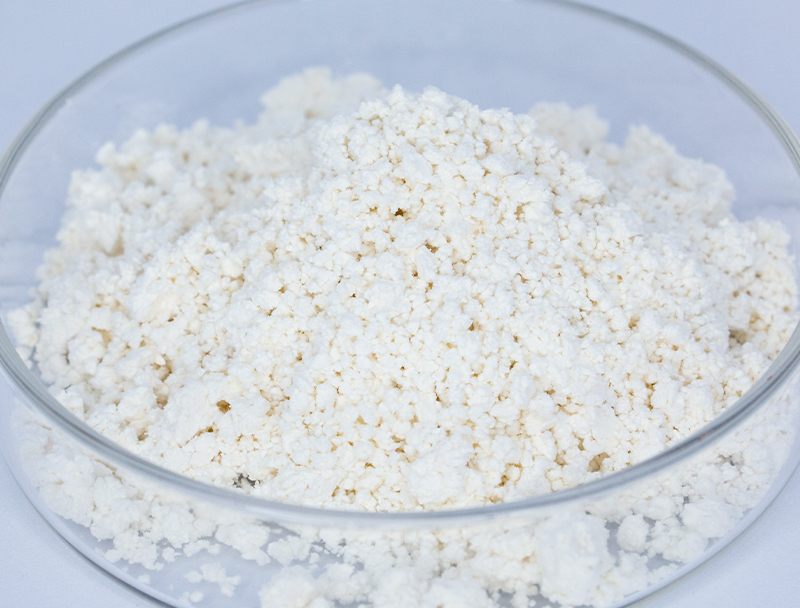
Modern biofabrication is grounded in a broad palette of feedstocks to yield progressive bio-based commodities.
Assuring continuous ethical sourcing of resources underpins enduring viability and ethical market growth.
a range of complications linked to historic procurement practices including biodiversity loss and excessive resource use. Hence, industry players ought to pursue innovative supply solutions to lower carbon burdens.
- Examples of sustainable sourcing practices include:
- Adopting organic-origin materials from crop remnants
- Applying zero-waste frameworks to limit waste and optimize resource use
- Partnering with local suppliers committed to ethical sourcing practices
This shift towards sustainable raw material sourcing is not only environmentally beneficial but also economically viable in the long run.
Refining Biomass Sources to Enhance Fuel Conversion
Increasing biofuel conversion efficiency is tied to feedstock composition and condition. Technologists actively pursue refinements to increase feedstock efficiency, achieving increased output and long-term energy sustainability. This involves genetic modifications to increase biomass production, as well as pretreatment techniques that break down complex plant materials into more readily fermentable sugars.
- Moreover, investigations target novel feedstocks like microalgae, municipal residues, and field residues to widen the pool of renewable biomass for biofuel use.
- Via sustained research the industry stands ready to accomplish considerable improvements that enable a greener energy transition.

Biopharmaceutical Manufacturing: Advancements in Upstream Processing
comprises front-end procedures like culture expansion and cell retrieval Contemporary breakthroughs have refined protocols and elevated product throughput.
Meaningful breakthroughs include engineered cell strains, enhanced culture formulations, and modular reactor designs. These innovations not only enhance productivity but also minimize production costs and environmental impact.
- Moreover, continuous manufacturing adoption is enabling dynamic control and greater adaptability in upstream workflows.
- The progression to advanced biomanufacturing approaches should modernize the field and quicken therapeutic progress.

Next-Gen Gene Editing for Enhanced Protein Expression
progresses in gene editing technologies, such as CRISPR-Cas9, have revolutionized the production of biopharmaceuticals. With exact genomic alterations, researchers improve host productivity for therapeutic manufacture. This approach holds immense potential for developing more efficient and affordable biopharmaceuticals to address a wide range of diseases.
Applying Microbial Tools to Improve Environmental Remediation
forward-looking microbial interventions for environmentally friendly decontamination. Microorganisms possess the remarkable ability to degrade and transform harmful pollutants into less toxic substances.. Applying microbial remediation systems creates low-impact cleanup options that address contamination efficiently.. Scientists are actively exploring a wide range of microbial species with diverse metabolic capabilities to target various pollutants, including heavy metals, pesticides, oil spills.. Organisms may be utilized in controlled reactors or in place to accelerate contaminant decomposition through biodegradation..
Biotechnology-driven remediation delivers notable upsides compared to 5-ALA conventional cleanup tactics. This method provides a low-cost, low-waste alternative to conventional remediation. Additionally, microbial tactics can target contaminants selectively while preserving surrounding ecological systems. The field of microbial biotechnology continues to advance rapidly, with ongoing research focused on improving the efficiency and effectiveness of bioremediation strategies.
Leveraging Bioinformatics for Novel Therapeutics
Digital bioinformatics methods are central to evolving therapeutic discovery processes. From predictive screening to lead refinement, computational biology underpins more efficient drug pipelines.
- Using extensive genomic, proteomic, and patient data, analysts discover targets and anticipate therapeutic performance.
- Concurrently, virtual screening and simulation shape the development of more effective therapeutics.
- In summary, bioinformatics overhauls pharmaceutical R&D and quickens the path to safe therapeutics for patients.
Fine-Tuning Metabolism to Maximize Bioproduct Synthesis
integrates multiple methods to augment cellular production of target bioproducts. Programs use genetic redesign of metabolic networks, dynamic regulation of expression, and addition of heterologous genes to unlock new capabilities. By optimizing cellular networks, developers can substantially boost target bioproduct output.
The multifaceted strategy promises to reshape sectors like biotech, agritech, and renewable fuel industries.

Scale-Up Challenges and Prospects for Biopharmaceuticals
Moving from bench to commercial scale creates complex challenges and valuable opportunities. Maintaining consistent product attributes with scale-up remains a central difficulty. Addressing it demands strong process governance, accurate real-time analytics, and advanced measurement systems.

Additional complexity arises because biopharma production entails many coordinated stages.. Refining processes for commercial volumes demands deep R&D investment and novel engineering solutions.. Despite challenges, the benefits may be considerable. Proper scaling can increase therapy supply, reduce expenses, and elevate profitability.
Different initiatives are progressing to solve scale-up constraints. Examples include novel optimization technologies, predictive analytics for real-time control, and inventive production models.
- Development efforts are also playing a crucial role in advancing biopharmaceutical production capabilities.
- Regulators are reforming approval systems to facilitate adoption of advanced manufacturing and nurture innovation.
Charting Regulatory Pathways for Biologics to Safeguard Patients
Developing biologic treatments requires exacting oversight to ensure consistent safety and efficacy. Biologically derived medicines entail particular manufacturing and regulatory complexities compared with chemical drugs.
Authorities including the FDA and EMA implement guidelines and thresholds to assess and approve novel biologic products.
Comprehensive testing regimens must be followed from early-stage research through ongoing post-approval monitoring.. Those requirements help reveal risks and confirm that biologics satisfy stringent safety criteria..
Concurrently, regulatory organizations fine-tune methods to remain compatible with quick scientific advancements. Initiatives cover incorporating new methods and supporting faster development while ensuring patient protection.

Plant-Based Biomass Options for Bioplastic Manufacturing
The rising demand for eco-friendly materials fuels R&D on bio-based alternatives. Bioplastics produced from plant biomass form a compelling option for lowering environmental footprint. Sources like cornstarch, cellulose fibers, and sugarcane biomass can transform into compostable plastics that decompose and reduce pollution.
Likewise, some plant-derived plastics perform similarly to petroleum-based materials for a variety of uses.. Further innovation is required to mature plant-based bioplastics for broad adoption and circular economic models.
Biotech Contributions to Global Health and Crop Productivity
Biotechnology has emerged as a powerful tool with the potential to revolutionize global health and address food security challenges. With genetic tools, engineered biological systems, and regenerative cell approaches, experts craft interventions to manage diseases, enhance agriculture, and fortify nutrition.. To illustrate, modified plants designed for pest resilience and environmental tolerance can raise outputs and reduce pesticide application.. Concurrently, biotechnology drives development of immunotherapies, antibiotics, and diagnostics that play a key role in controlling diseases and improving health metrics. With ongoing research, biotech is positioned to enable broad improvements in health and food security that serve global populations.
 4-Aminobutyric acid
4-Aminobutyric acid